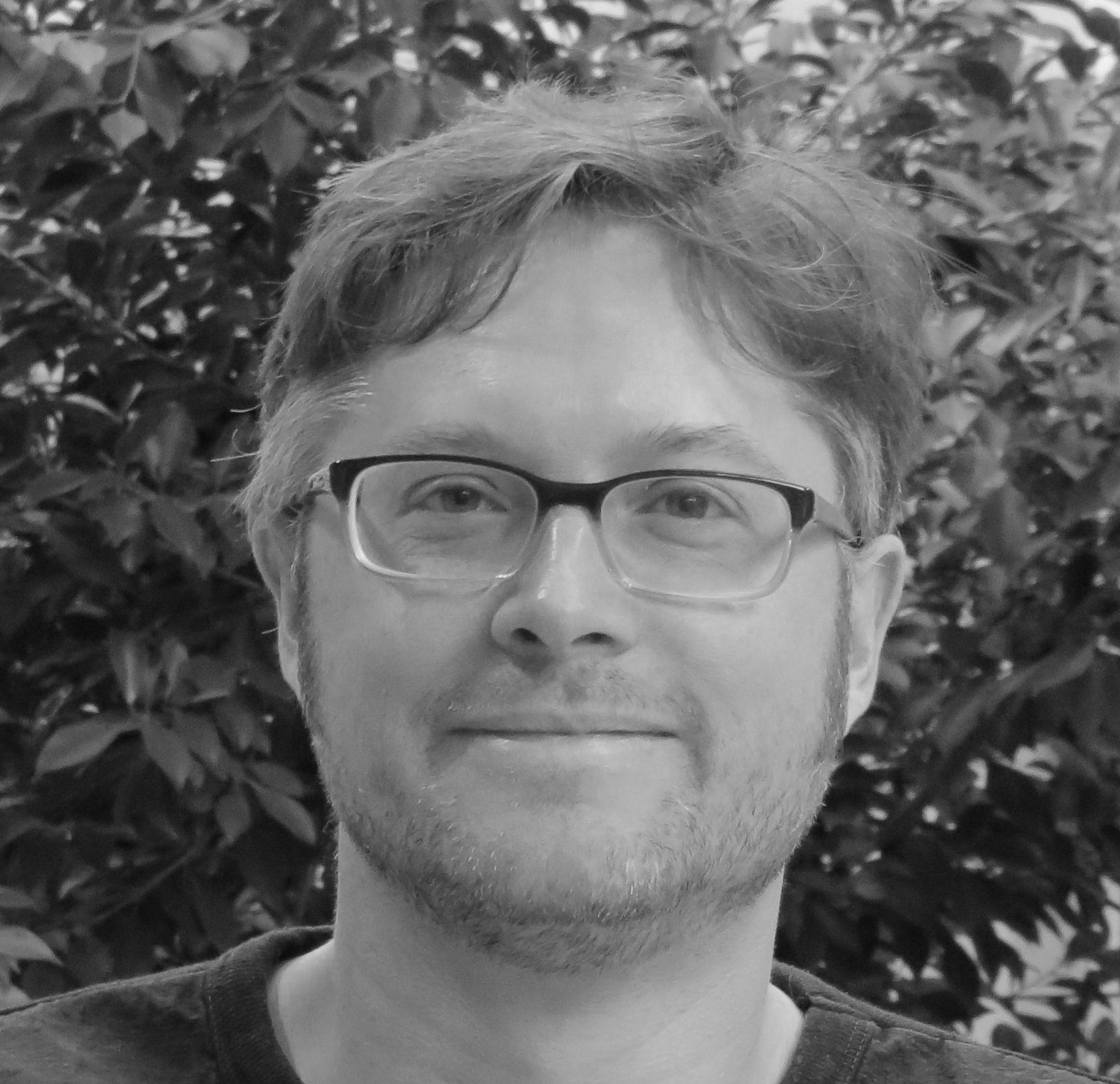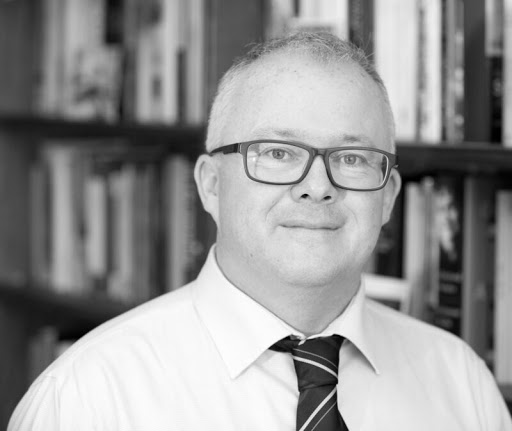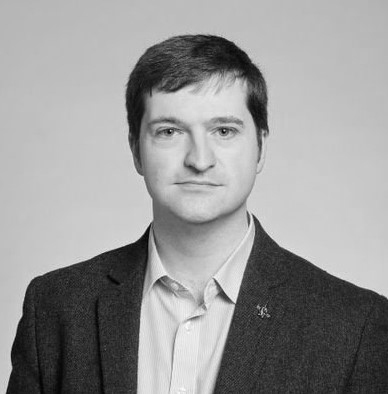The Laidlaw Scholars Leadership & Research Programme
The Laidlaw Scholars Leadership & Research Programme is an innovative scholarship which aims to develop a new generation of leaders who are skilled researchers, embrace data-based decision making, and believe it is a moral imperative to lead with integrity. It invests in talented and motivated undergraduate students, giving them the knowledge, skills, and experience to become active global citizens and future leaders.
Scholars are supervised by members of academic staff who engage with the student to support them in developing their research interests.
The 2025 programmes takes place over 18 months from April 2025 - October 2026.
Laidlaw academic supervisors
Supervisors support the student to lead on the development and implementation of a 6-week research project in Summer 2025 with the potential for application of this research by the student in a further leadership development project in Summer 2026. Throughout the programme supervisors have some additional mentoring and administrative responsibilities and will be invited to participate in a range of networking events within Trinity and with participating universities in the Laidlaw Network.
Are you interested in becoming the research supervisor of a Laidlaw Scholar and joining the international Laidlaw community? Please read the Guidance for Supervisors below for more information:
Guidance Document for Supervisors
We would like to hear from staff members who are open to being contacted by prospective Laidlaw Scholars, please get in touch with us if you are interested.
If you have any questions after reading, please contact the Student Employability Officer, Trinity Careers Service:
Kate Ivanchenko | employability@tcd.ie | 01 896 1227
Testimonials from Trinity Laidlaw Supervisors

I was delighted to have the opportunity to be involved as a supervisor for the Laidlaw Programme. I think it is an excellent programme for undergraduate students and it allowed me to interact with a superb student. I have been recommending it wholeheartedly to my current cohort of students.

The Laidlaw Programme offers a fantastic opportunity to network and learn. I think it has an unique impact on both the professional and personal growth of the participants and I am looking forward to the next year!

Laidlaw Scholars tend to be driven and determined students who are passionately committed not only to their academic work but to a broader sense of purpose. Indeed, they often have a keen sense of the connection between their scholarly work and social concerns, and this singles them out among leaders not only in their individual fields of study but as figures of promise in the broader arenas of politics and culture. This is especially the case with Laidlaw Scholars in the humanities, and it has certainly been my experience to date as the mentor of two students from the School of English, Gráinne Sexton and Shane Coleman Macken.
Gráinne and Shane are both passionate about literature, but the projects they are working on as part of the Laidlaw Programme address not only literary questions but a range of important topics such as injustice, displacement, and equality. Using the literary texts of contemporary US American authors Leslie Marmon Silko and Tony Kushner, respectively, Gráinne and Shane have shown that literature matters at a political and cultural level as much as it does in formal or aesthetic terms. Their projects are raising awareness of these authors among readers who may not have heard of them before, but they are also showing that literary texts – plays, novels, poems and essays – can make meaningful and lasting contributions to the way we see the world and each other.
Literary scholarship tends to be a solitary business: there are no labs and group work is uncommon. In conversations with them in person and by email, however, it has been great to see Gráinne and Shane grow in confidence as they have participated in the many leadership training events provided by the Laidlaw programme, in person and online. This has also inspired them to be more confident in their critical work, not least because they have had the opportunity to explore modes and methods for developing their ideas that are not often used in English studies (including journals and posters).
As Gráinne puts it in her piece for the Laidlaw Scholar Spotlight series that appeared online recently:
Prior to my participation in the Laidlaw Programme, I prided myself on my strong organisational skills and ability to plan meticulously. Over the course of my Laidlaw journey, however, I have been forced to become more flexible in my work approach, and to learn how to adapt readily to change.
Gráinne’s statement sums up the value of the Laidlaw journey that she and other students have taken to date. However, it also affirms the importance of the experience for the journeys that lie ahead. As she finishes her term on the programme in 2020, I am immensely proud to have worked with Gráinne for the last two years, and I look forward to working with Shane as he moves into the next exciting phase of his work in 2021.

I was fairly new to Trinity at the time that I first heard about the Laidlaw Programme and I felt it was an opportunity to get involved with something new and take onboard a motivated, part-funded student. I went along to an information session delivered by the Trinity Careers Service and heard about the programme, and from students who had been involved previously. The student I first supervised on the Programme had previously worked with me on a piece of work shadowing in the lab and we had found their work to be very high calibre.
When they reached out to me with their Laidlaw project proposal I was happy to support the student in applying. In terms of the project itself, quite plainly the proposal was a topic I found interesting, which was aligned to the goals and interests of the student and which was likely to meet the aims of the Laidlaw Programme and secure the student the scholarship funding. It was topical, relevant to research themes in Trinity, and made good use of the available materials and resources in the lab. For example, it was an opportunity for an undergraduate to access and drive the electron microscope which is fantastic for a 2nd year undergraduate, that is very rare.
With my second supervised student, the research took place over Summer 2020 during the COVID-19 restrictions. In terms of the project structure, at times I worked closely with the student to direct the foundations of the proposal, which the student then took on and made it their own, enhancing the work and driving it over the summer. As with any project, but particularly given the circumstances, it was important to plan for contingencies and make it possible to pivot to offsite work with data if the lab was unavailable. It was very possible to transfer many of the important engagements needed to things like video calls, chat-based Q and As, discussions in MS Teams groups and so on. It is important to be able to trust the student to be self-motivated and manage their work, while offering support, and this was very possible with the Laidlaw students.
Given the developments of the past year, I feel it is important for academics to double down on this kind of support and investment in students developing research and leadership skills as many of these students will be ideally placed to do further meaningful work, with the digital skills to work remotely and show adaptability. My experience is that in net terms, the Laidlaw supervision does not cost me significant time as the students are proactive, responsive, and focus on work which is merited. I would supervise another Laidlaw student in the future, hands down.

